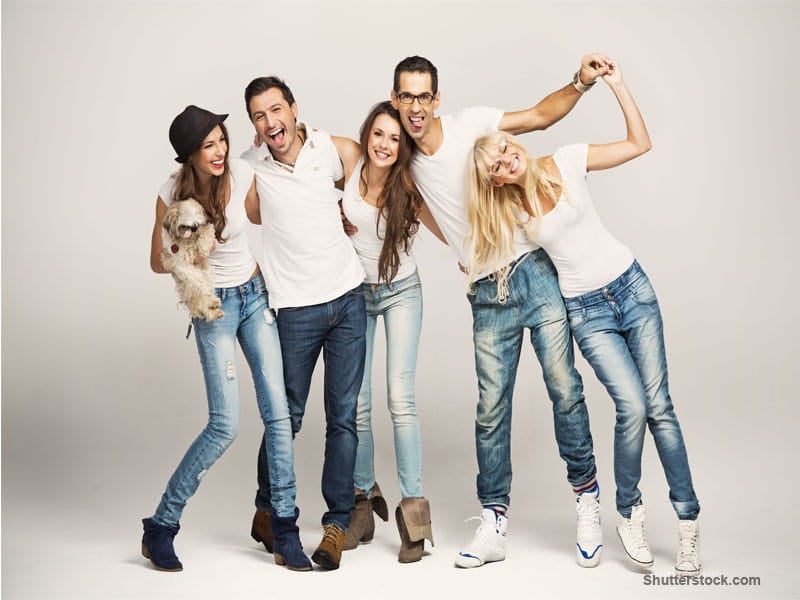The stagnant desert air felt like a warm blanket wrapped around me. It was probably two in the morning and the soft moonlight illuminated the rustic empty streets. In the distance, I saw mountains that jutted up into the sky like stalwart warriors standing guard over the city. But the setting's magnificence faded in the glare of a streetlight reflecting off the gun the man was pointing at me.
It was the summer of 1999 and I was visiting my father's family in Tehran, the capital of Iran. A member of the Basiji, the official morality police, had stopped my taxi. The Basiji were out patrolling the streets because anger over the government's shutdown of several liberal newspapers had caused widespread rioting throughout the city. The riots had lasted three days, with no sign of stopping. I had heard that many people had been severely injured, but somehow I still felt as detached from the unrest occurring all around me as if I had seen it on CNN.
I had been at my grandparents' house that night reading when I received a call from my cousin, who wanted me to come over so that he could show me a new computer game. I normally would not have made the trip that late, but I was so bored I was looking for any excuse to go out. I left a note for my grandparents and called a taxi to take me to my uncle's house in northern Tehran. I was aware of the dangers of traveling at night and the potential of getting stopped by the Basiji, yet my fear was outweighed by excitement at making the late-night journey.
But fear took over when my taxi was stopped. I studied the person who had ordered me out of the car. He was only a few inches taller than me, but he seemed to loom over me. His bronzed face was covered with dark rudiments of facial hair matching the tousled mass on his head. His black eyes stared at me.
"Show me your wallet!" he barked. I fumbled for my wallet, eager to prove to him that I meant no trouble. I watched nervously as he rifled through it, searching through all of its miscellaneous teenage paraphernalia.
Suddenly, he thrust a small card in front of my face. "What is this?" he demanded. I told him that it was an American library card.
His hand snapped to his gun as he asked why I had such a thing. I replied, "I use it to check out books in California." Apparently, neither the American clothes I was wearing nor my American accent had tipped him off. I wondered what a Basiji member would do to someone who came from the country that they called "The Land of the Great Satan."
Suddenly, an older Basiji member came hurrying over to see what was going on. He began barking questions at me, angrily at first, but when I explained why I was out so late at night, he looked back and forth between the other boy and me, then threw his head back and laughed. We both jumped, startled, which made the man laugh even louder. He said, "Look at the two of you, scared to death of your own shadows! Go home, both of you."
The other boy and I looked at each other again. Then my former interrogator dropped the gun to his side and began to walk away. On impulse, I stopped him and stuck out my hand. He gaped at it, then looked back at my face. I held his gaze and he slowly reached out and grasped my hand. "Khodahafez," I said. "May God protect you." He shook my hand and repeated the word slowly. "Khodahafez."
I got back into the taxi, dazed at how surreal it all had seemed. I couldn't help but think of how close I had come to being killed, and more frightening, how ready I had been to kill another. Yet as my tension slowly eased, I realized how little it had taken for me to see my enemy as a person. Despite the fact that we came from drastically different backgrounds and would probably live drastically different lives, we were both nothing more than frightened children that night. All we needed was a reminder of what made us the same.
In today's world, I feel that all we need is that little reminder, a little bit of understanding to humanize that which is unfamiliar to us.
That is why I will take the time to sit with a homeless person on the streets of San Francisco and talk about our mutual love for the guitar. That is why I will play tag for hours with my friends' younger siblings. That is why I will sit by the bed of my sick grandfather and listen to him tell me his stories. That is why I have faith in the human race.

